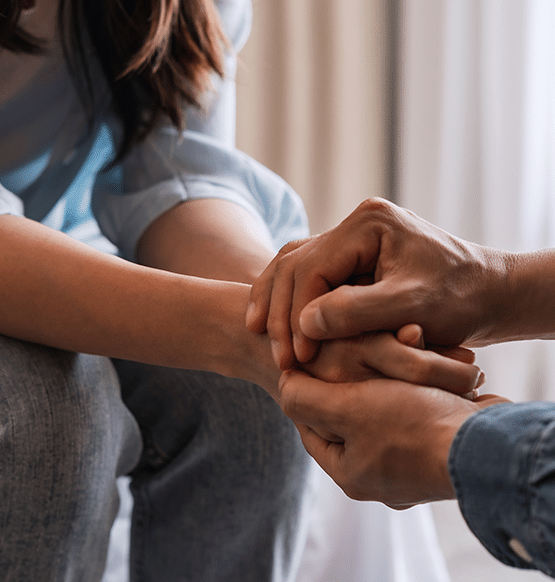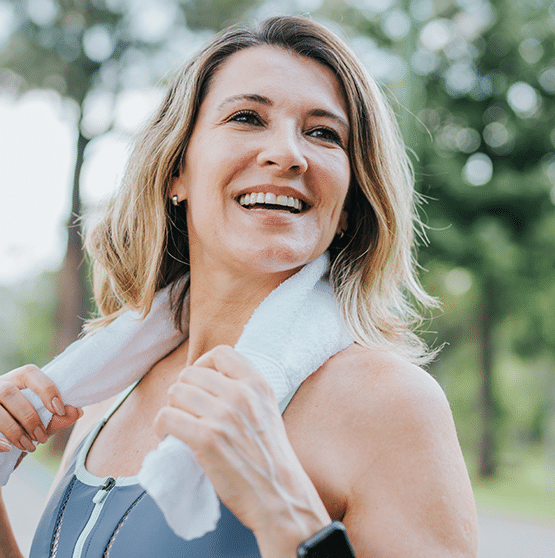An opioid overdose requires immediate medical attention. Call 911 immediately if you or someone you know exhibits any of the symptoms.
Although addiction promotes isolation and secrecy, the impact of opioid use disorder on those around the user cannot be ignored. Recognizing the signs of a problem can help you better protect yourself and offer healthy support to the struggling individual.
Some common signs of drug use include:

Everyone can play a role and take action to help their loved ones in recovery. Treatment and the support and help from family, friends, co-workers, and others can make a big difference in the recovery process.
Stigma or the fear of stigma may stop someone from sharing their health condition and prevent them from seeking the health or behavioral health services and support services they need. Recognize that opioid addiction is a medical condition, not a moral failing. Stopping stigma is important to helping loved ones feel safer and healthier. Stigma and shame are not only unnecessary, they can cost lives. Real help begins with empathy.
Naloxone can reverse overdose and prevent death. It is a non-addictive, life-saving drug that can reverse the effects of an opioid overdose when administered in time. Naloxone saves lives. But only if you have it and know how to use it.
Whether you’re trying to help someone with an addiction or struggling with one yourself, it’s important to always look for opportunities to practice self-kindness. That can mean practicing positive thinking and seeing beyond stigma or shame. It might be making time to soak in a bath, take a walk, or have coffee with someone you can be vulnerable with. Whomever and wherever you are on the recovery path, it’s easier to make progress when you identify and prioritize your needs.
